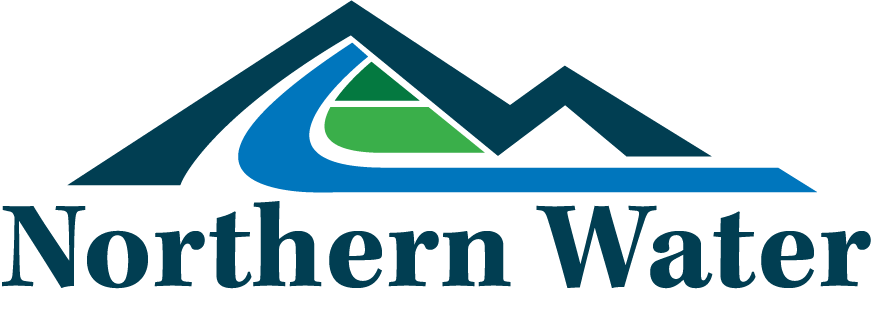Environmental Compliance
Ensuring Our Projects Are Environmentally Compliant
Northern Water takes its environmental commitments and obligations very seriously. With every project we manage, we go above and beyond the minimum regulatory compliance requirements and seek opportunities to provide environmental benefits while operating projects within laws and regulations.
Environmental compliance is both simple and complex. Simply put, it means meeting the requirements of laws, regulations and codes designed to protect the environment. However, this topic can also be complex as it involves complying with a range of requirements from all levels of government.
Permit conditions are set by federal, state and local agencies that digest studies completed to understand impacts, alternatives, current environmental state, mitigation and public comments received. These conditions are intended to ensure that no significant change to the ecosystem occurs. In anticipation of these conditions and requirements, we cooperate with local agencies and stakeholder groups to proactively address concerns.
We work hard to understand impacts and benefits to an ecosystem resulting from our projects. These analyses are shared with a stakeholder group for validation and comment. From these impacts and benefits, we create mitigation and enhancement measures to offset unavoidable impacts. Overall, our objective is to ensure our projects have an overall net benefit to the ecosystem in which we work. This commitment is founded in the transparent scientific evaluation of our work that requires broad stakeholder input.
Once projects are completed/constructed, we carefully ensure that operations comply with all federal, state and local environmental regulations, in addition to all project-specific agreements and commitments. When repair or maintenance of our existing facilities is required, we conduct a pre-activity analysis of any potential environmental impacts, design environmental protection measures, notify regulatory agencies and acquire environmental permits when necessary. Our existing collaborative relationships, with environmental regulatory agencies and interest groups, facilitate the creation and implementation of the best available environmental protection measures for critical operations and maintenance activities.
